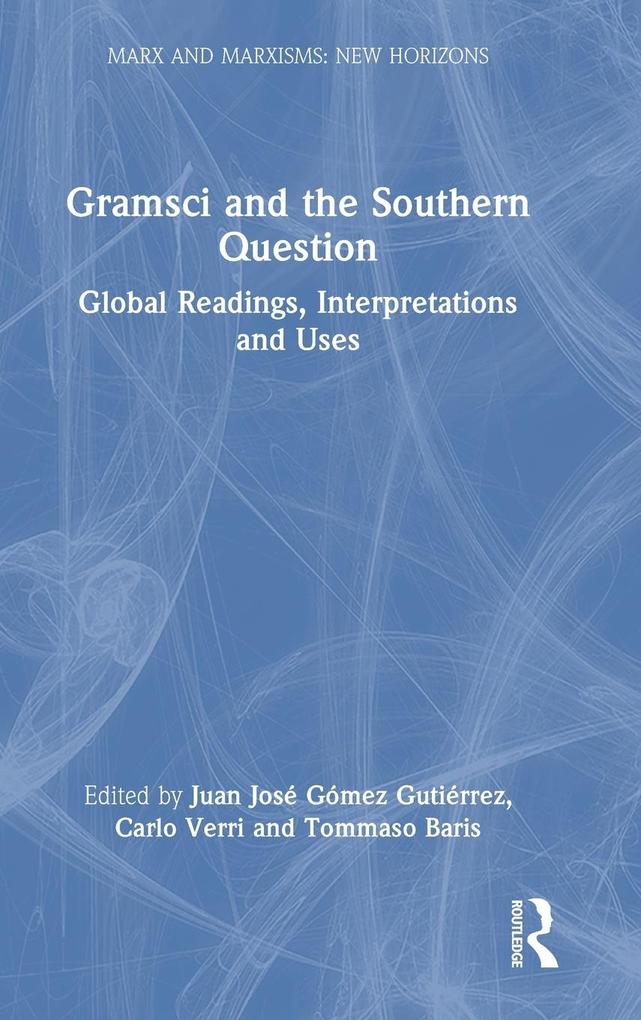
Zustellung: Mo, 04.08. - Fr, 08.08.
Versand in 2 Wochen
VersandkostenfreiBestellen & in Filiale abholen:
Gramsci and the Southern Question reflects on the nature of Gramscian thought, linked to the concepts of hegemony, subalternity and the critique of the cultural-identitarian and ideological forms of the South and its historical development, combining theoretical approaches with studies on Gramscian concepts in the world's South.
Inhaltsverzeichnis
Introduction. Part One. The Southern Question in Gramsci Between History and Theory. 1. The Southern Question in Gramsci, Between Salvemini and Lenin 2. Gramsci's Southern Question Between Hegemony and Revolution in the West 3. Antonio Gramsci: The Southern Question, Americanism and "National Life" 4. Plan and Autonomy. The Southern Question from Gramsci to Italian operaismo. Part Two. From the Southern Question to Subaltern Studies. Interdisciplinary Approaches. 5. Postcolonial Gramsci? From the Southern Question to Postcolonial Studies. 6. From the creative popular spirit to the subject of lack. Gramscian variations on subalternity and its sources. 7. School and subalternity in the thought of Antonio Gramsci. 8. Dialect, grammar and the antithetical function of the philosophy of praxis in the Prison Notebooks. 9. Aesthetics and Popular Culture in Antonio Gramsci. 10. Subalternity and Baroque Culture. A Gramscian reading of communication studies in the Global South. 11. Southern Question and Subalternization. A Gramscian analysis of power asymmetries in the European Union. Part Three. Some case studies: The "Southern Question" in Europe, Arab World and Latin America. 12. Gramsci's Southern Question in Spain. 13. The "Southern Question" in Latin America: receptions, interpretations and translations. 14. Gramsci and the Arab New Lefts: making sense of the early translations. 15. A Gramscian analytical perspective about the Arab countries. A Long Southern Question?
Produktdetails
Erscheinungsdatum
24. Februar 2025
Sprache
englisch
Seitenanzahl
246
Herausgegeben von
Carlo Verri, Juan José Gómez Gutiérrez, Tommaso Baris
Verlag/Hersteller
Produktart
gebunden
Gewicht
517 g
Größe (L/B/H)
229/152/16 mm
ISBN
9781032733869
Entdecken Sie mehr
Bewertungen
0 Bewertungen
Es wurden noch keine Bewertungen abgegeben. Schreiben Sie die erste Bewertung zu "Gramsci and the Southern Question" und helfen Sie damit anderen bei der Kaufentscheidung.










